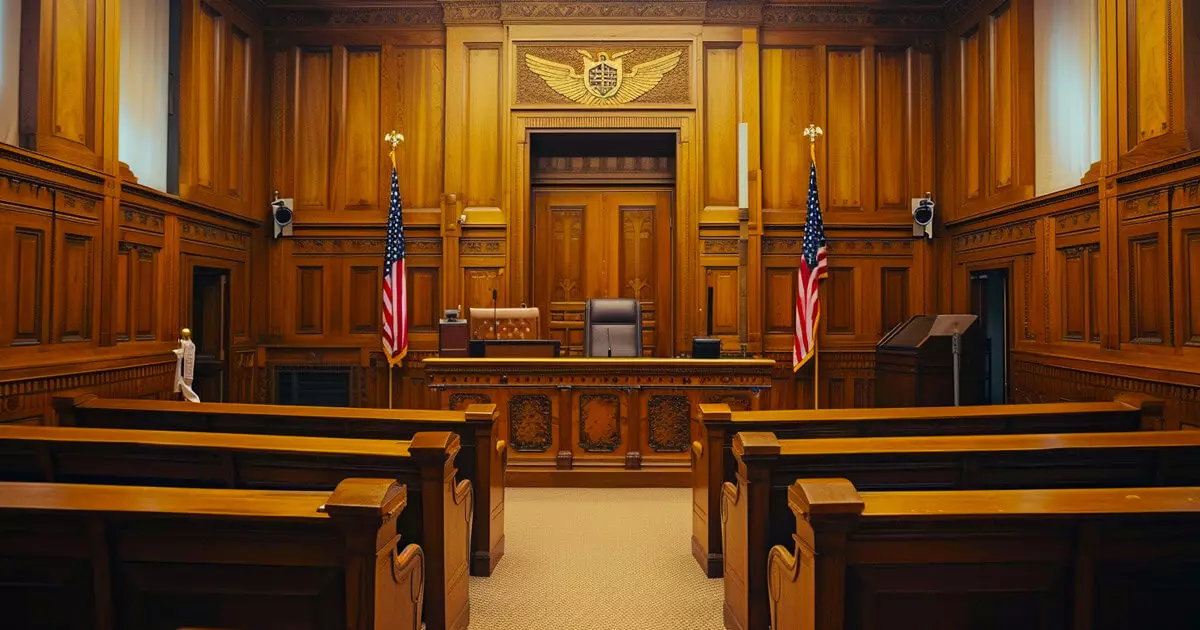The recent decision by the US Supreme Court to overturn the Chevron doctrine has significant implications for the Securities and Exchange Commission (SEC) and its regulatory authority over the crypto industry. The Chevron doctrine, established in the 1984 case Chevron v. Natural Resources Defense Council, outlined a framework for federal courts to defer to agency interpretations of laws and statutes. However, economist Timothy Peterson believes that this decision will limit the SEC’s ability to act as an “automatic subject matter expert” on crypto.
Peterson contends that the overturning of Chevron is a monumental win for Bitcoin, as it curtails the SEC’s “unilateral interpretive power” against the cryptocurrency. This change is expected to lead to a more balanced legal landscape and fairer regulations in the crypto space. The decision will require courts to scrutinize the SEC’s anti-crypto stance and may reduce the SEC’s authority to classify assets as securities.
While the end of the Chevron doctrine does not entirely strip the SEC of its enforcement powers, it does raise questions about the agency’s authority to regulate crypto as a security. FOX Business reporter Eleanor Terrett suggests that the SEC’s case against Consensys, which involves the classification of certain tokens as securities, may face challenges following the overturning of Chevron. The SEC’s claims against Consensys could now carry less weight in the eyes of a judge.
In a pivotal case that led to the overturning of Chevron, lawyer Paul Clement highlighted the gridlock surrounding crypto regulation and emphasized the need for Congress to address ambiguous jurisdictional issues. Clement pointed out the potential overreach of agency heads, such as SEC Chair Gary Gensler, in asserting regulatory authority over crypto. He argued that the Chevron doctrine allowed agencies to claim authority without clear legislative guidance, leading to uncertainty in the legal system.
The US Supreme Court’s decision to overturn Chevron in two cases on June 28 signaled a shift towards requiring Article III courts to address statutory ambiguities, rather than granting agencies broad interpretive powers. The New Civil Liberties Alliance (NCLA), involved in one of the cases, welcomed the decision as a means to prevent gaps and ambiguities in statutes from being exploited by regulatory agencies. Judge John Roberts emphasized the importance of legal stability and principled development in his statement, signaling a departure from the Chevron doctrine.
The overturning of the Chevron doctrine has far-reaching implications for the SEC’s regulatory authority over the crypto industry. This decision is anticipated to result in increased judicial scrutiny over agency actions, leading to a more transparent and balanced regulatory environment for crypto assets. As the legal landscape continues to evolve, it remains crucial for regulators, lawmakers, and industry stakeholders to work together in addressing the complexities of crypto regulation in a principled and coherent manner.

